THIS CONTENT IS BROUGHT TO YOU BY Nord University - read more
Kateryna's university has been bombed three times – but she's still teaching
A research project is helping Ukrainian teachers provide education despite the ongoing war.
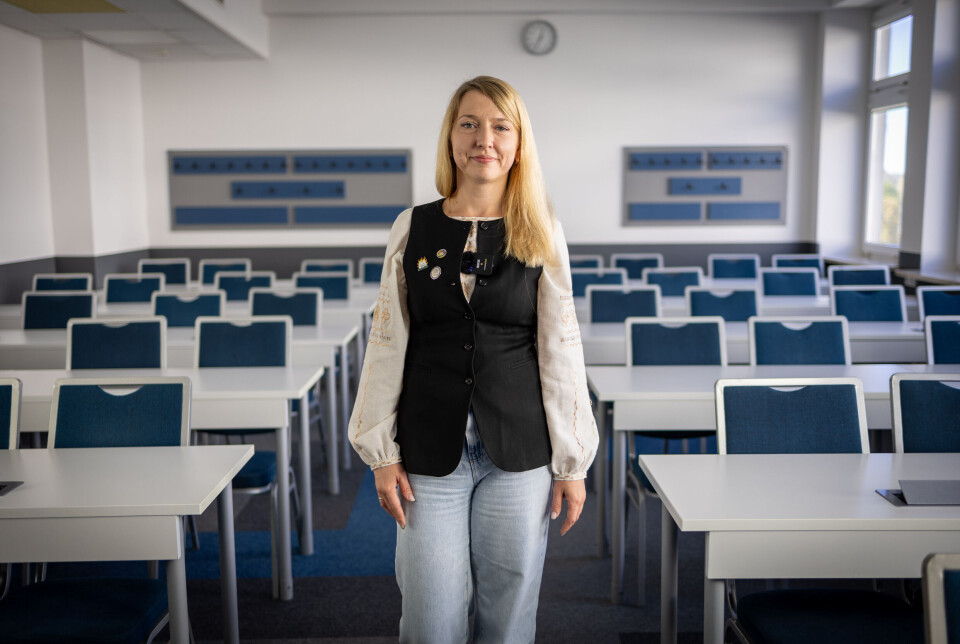
Kateryna Maksom's university has been bombed three times since Russia's invasion began in 2022.
The main building at Chernihiv Polytechnic National University bears the scars of explosions.
Yet classes continue, with help from the research project TURBO, led by Nord University.
"We continue to live, we continue to teach, to create," says Kateryna. "A university is not just a building. It's people."
Teaching through air raids
As head of the department of social work, Kateryna faces impossible daily choices.
"It's very difficult because we try to teach students every day in dangerous situations. Every day we must find some solutions," she says.
Some days the risk of shelling is too high and classes have to be cancelled. Other days, they switch to online formats when air raid sirens go off.
Kateryna explains that the IT equipment purchased under the TURBO project enables hybrid teaching that can adapt instantly to security threats.
"The equipment provided through the project helps us to deliver high-quality hybrid learning, combining in-class and online participation," she says.
Kateryna was one of more than 120 participants who attended the second TURBO Conference hosted by Kozminski University in Warsaw to discuss how universities survive, and help internally displaced people resettle and adapt socially during the war.
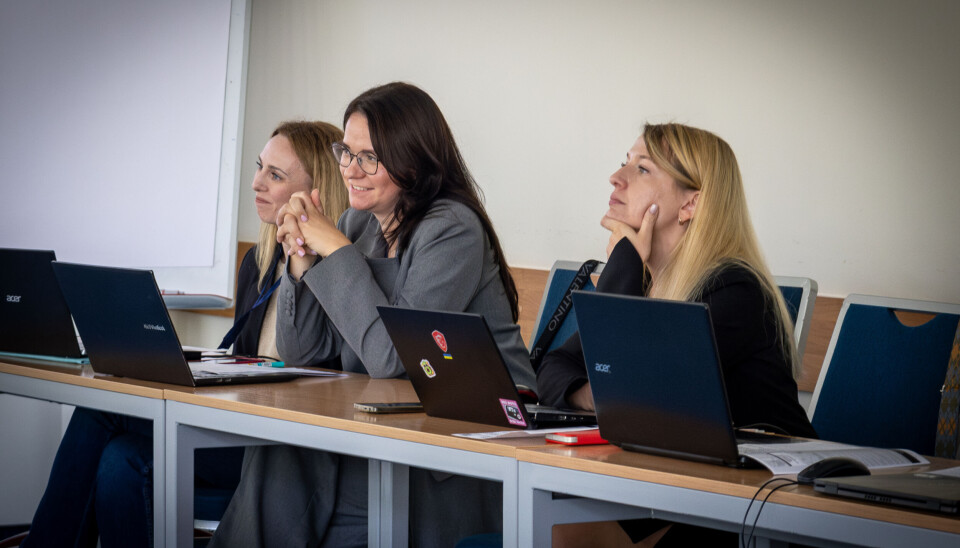
Education for the displaced
For displaced people like those Kateryna works with, traditional university degrees aren't practical.
The partners in the TURBO project have therefore developed micro-credentials. These are short-term and flexible educational programmes that help rebuild careers quickly.
"Micro-credential programmes are first of all very flexible and oriented towards the needs of participants and society," explains Veronika Vakulenko.
She is an associate professor at Nord University Business School, the project's institutional coordinator.
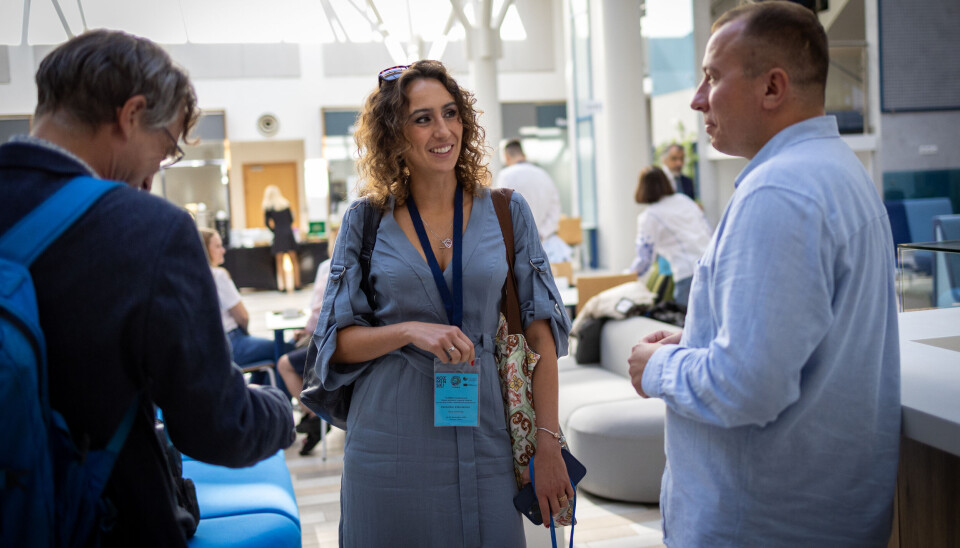
Unlike traditional degrees that take years, these programmes can be tailored to meet immediate needs.
The numbers show the impact: 217 internally displaced persons have completed the first semester, with a target of 350 for the full year.
Seven Ukrainian universities are now running these programmes.
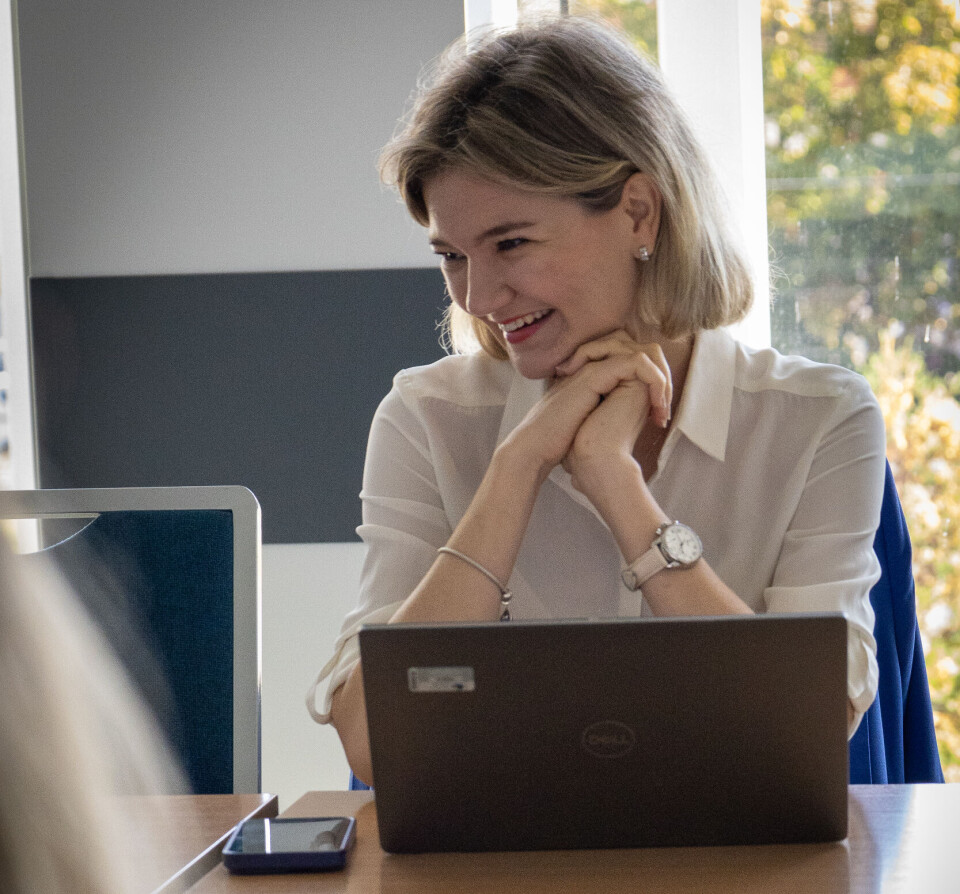
For researcher Valeriia Melnyk, who works on the TURBO project administration, seeing the results was powerful.
"It was amazing to see how people got something from our project," she says.
Government recognition
Ukraine's Ministry of Education and Science sent representatives to the conference to see TURBO's results firsthand.
Vitaliy Nosok from the Ministry calls it "a very interesting project" that could expand beyond displaced persons to help veterans transition to civilian careers.
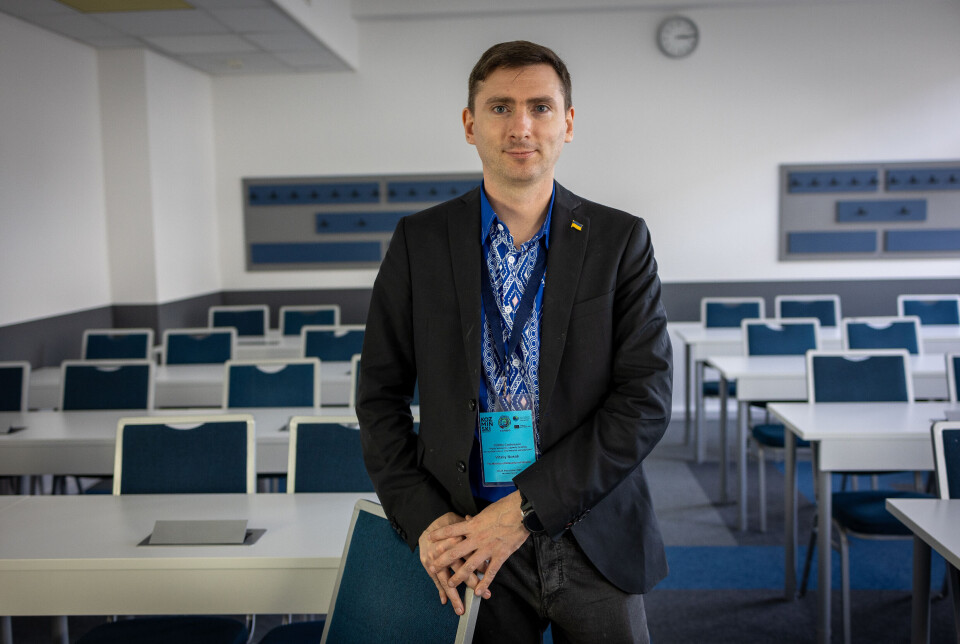
The project could become valuable for the central government bodies and create national recommendations.
"I think it definitely has potential to be the first step to become a larger project," he says.
Looking forward
Professor Anatoli Bourmistrov, the project leader, sees broader implications for Europe.
He explains that Ukrainian crisis management could inform how other European countries handle future displacement.
What began as support for Ukrainian war victims may become an international model.
"Ukraine is just one example, but I’m sure this will also be useful for universities across Europe and around the world," he says.
The project will run until December 2026, but participants are already planning beyond that timeline.
The next conference is planned to be hosted by one of the Ukrainian project partners, assuming the war has ended by then.
"We all have fingers crossed that the war will be finished at that point," says Olga Iermolenko, an associate professor at Nord University Business School.

This content is paid for and presented by Nord University
This content is created by Nord University's communication staff, who use this platform to communicate science and share results from research with the public. Nord University is one of more than 80 owners of ScienceNorway.no. Read more here.
More content from Nord University:
-
5 things you didn't know about smart cities in the Arctic
-
AI sparked an idea that could improve road safety in Norway
-
These algae have been adapting for hundreds of millions of years
-
Could traces of bacteria in water combat salmon disease?
-
Bladderwrack in animal feed has the potential to reduce methane emissions
-
Researchers unveil the genetic history of the great white shark




































